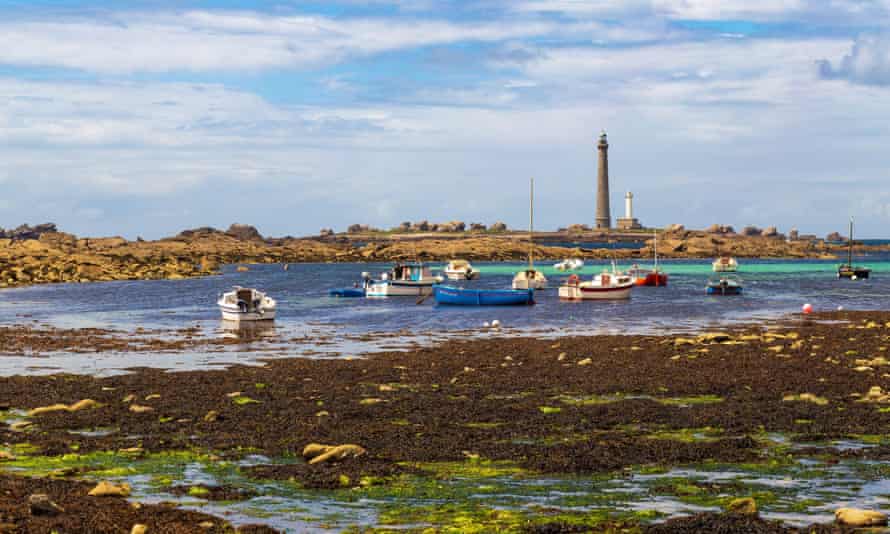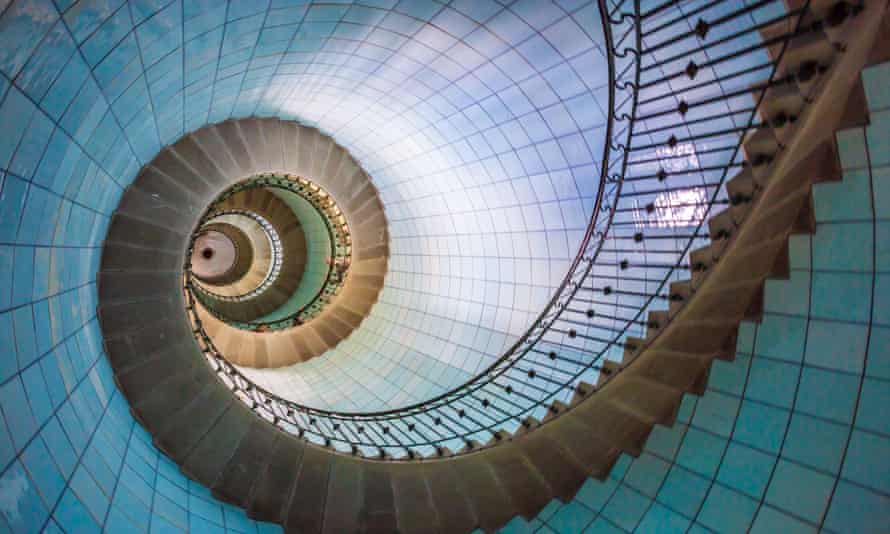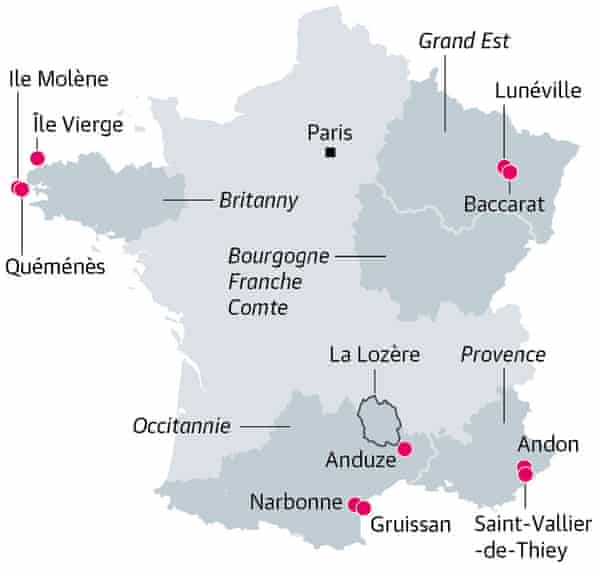France, the world’s most popular tourist destination, is getting back on track this summer with a focus (and a €50m government investment) on eco-friendly holidays, slow travel and sustainable tourism. That means going beyond the usual hotspots to an unexplored France of bamboo forests, pink salt pans, chalets on stilts, prehistoric horses and maybe a weekend as a lighthouse keeper.
Tiny islands, Brittany
Brittany’s tourist numbers are set to surge this summer after two years of coronavirus, so this is a good time to head to one of the tiny islands off the west coast for a few nights of stargazing with puffins and gulls.
A 90-minute ferry ride from Brest, Île Molène has no cars or bikes and is only 1,200 metres long. It’s a place for short hikes, watching the fishing boats in the tiny harbour and trying fried fish at Au Vent des îles. Among the slate-roofed cottages in the village is the Musée du Drummond Castle (open every afternoon by appointment), dedicated to a British ship that sank off Molène in 1896. All but three of the 242 people aboard drowned and 29 are buried in the local cemetery.
Part of the Molène archipelago, the Île de Quéménès, is only 300 metres wide and inhabited by just one family, who run an organic farm and guesthouse. It’s a perfect stay for people who want to paint, play board games and fish off the rocks.

Île Vierge, a mile off the mainland at Plouguerneau, takes on the full force of the north Atlantic and has two lighthouses, one of which is the tallest “traditional” lighthouse in Europe, with 365 steps to the top (open April-Oct). The other can be rented out. The island is a haven for birds and has a few tiny pebble beaches.
For bird-lovers, a boat leaves the Trestraou beach in Perros-Guirec for the Île Rouzic on a round trip (no disembarking) to watch thousands of puffins, kittiwakes, shearwaters, boobies and razorbills dive into the water between the bobbing grey seals.
Where to stay

Eco-friendly huts at Les Refuges de Mer (from €15pp) are a 15-minute walk – only possible at low tide – from Molène on the tiny islet of Lédénez Vraz. The refuges use only harvested rainwater, and electricity comes from solar panels.
On Quéménès, the eco-friendly guesthouse (from €588 for two or €2,450 for the whole house) has three bedrooms and the price includes a…
Click Here to Read the Full Original Article at Travel | The Guardian…
